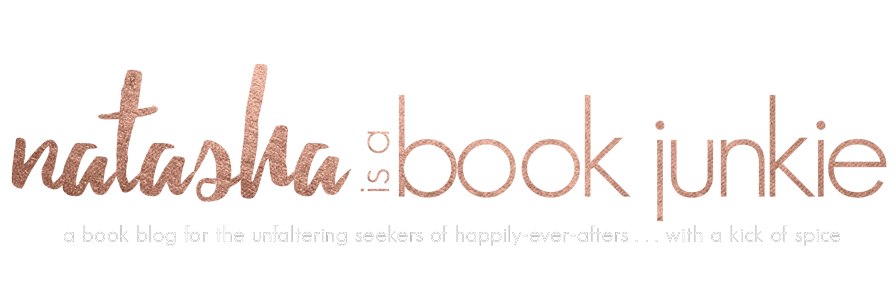There aren’t many books that hit so many of my buttons all at once, but by the end of this one, I must have looked like a light show. With a deceivingly simple premise at its core—a romance author and a literary fiction writer swapping genres for the summer to break out of their writing ruts—this is the kind of story that packs an emotional punch even in its softest moments, flourishing as it unfolds, and just like its two leads, manages to be both romantic and reflective, and even sharp and biting in parts. In this marvellous tale of love, family, and overcoming grief, Emily Henry captures so much of the human experience in a brutally honest and beautiful way, and proves to be not only a gifted storyteller, but also a thoughtful one. This is one of the best books I’ve ever read.
When the world felt dark and scary, love could whisk you off to go dancing; laughter could take some of the pain away; beauty could punch holes in your fear. I decided then that my life would be full of all three.
An incurable optimist and true believer in happily-ever-afters, January Andrews had always found great comfort in reading about love, and wanting to offer others the same, she turned the very belief system that had freed her from some of her darkest moments in life into a successful career as a romance novelist. But for the past year—ever since her father’s sudden death exposed a long-standing extramarital affair she never knew about—January has not only grown disillusioned with happy endings, but also with the mere act of writing about them. Suffering from both writer’s block and money woes, and desperate to overcome both, she decides to spend the summer at her late father’s lakeside cottage before putting it up for sale, but getting rid of emotional baggage while living under the same roof that her father once shared with his mistress proves to be tricky. And then she discovers her college nemesis, one-time hookup, and literary fiction author Augustus “Gus” Everett living next door, stuck in the same writing rut as her.
“I know how to tell a story, Gus, and I know how to string a sentence together. If you swapped out all my Jessicas for Johns, do you know what you’d get? Fiction. Just fiction. Ready and willing to be read by anyone, but somehow by being a woman who writes about women, I’ve eliminated half the Earth’s population from my potential readers, and you know what? I don’t feel ashamed of that. I feel pissed. That people like you will assume my books couldn’t possibly be worth your time, while meanwhile you could shart on live TV and the New York Times would praise your bold display of humanity.”
Their mutual scorn of each other’s chosen genres immediately renews their old college rivalry, prompting them to challenge one another to step out of their own comfort zones.
“I’d wager you’re about as likely to churn out something dark and dreary as I am to go all When Harry Met Sally.”
But somewhere in their quest to explore each other’s writing processes, they begin to gain a much deeper understanding of one another, too, and January and Gus’s relationship starts to change from writing partners, to friends, to lovers. And as they continue to push the boundaries of a relationship that was meant to remain strictly in the friend zone, they start realising that learning to trust love again, fully and without reservation, might be the only thing that could help them move forward both as writers and as people.
I’d just barely started to heal, and I’d run right out and gotten a crush on the one person who was guaranteed to prove right every single fear I had about relationships.
Henry manages to mine emotional depth throughout the story by infusing her characters with both resilience and vulnerability, with both light and darkness, and by showing us that no matter how one chooses to see the world—through rose-coloured glasses or by needing to delve into the deepest, darkest corners of the human mind in order to understand the world a little better—life doesn’t have to be one big happily-ever-after. It can be an endless string of happy moments that continue to shape us and push us to keep moving forward.
People were complicated. They weren’t math problems; they were collections of feelings and decisions and dumb luck. The world was complicated too, not a beautifully hazy French film, but a disastrous, horrible mess, speckled with brilliance and love and meaning.






 by
by